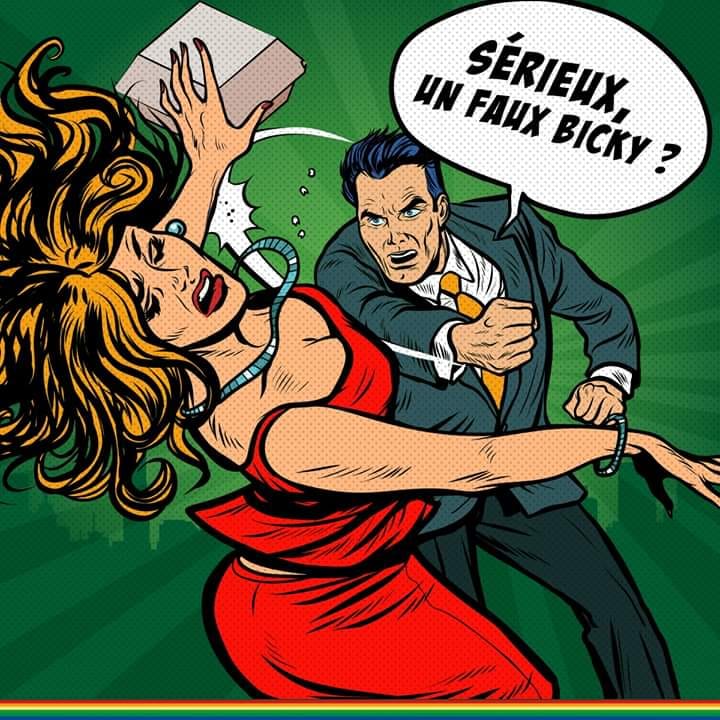
Belgian burger brand “Bicky” has somehow managed to create a nation-wide polemic over a misogynistic advertisement.
Artículo disponible en Español | Article disponible en Français
Belgian burger brand “Bicky” has somehow managed to create a nation-wide polemic over a misogynistic advertisement, trending on Twitter and seeing thousands of people share the articles on the subject. Not only did the general public protest about this advertisement, but even a series of politicians and associations criticized the company for its post, with some even considering filing a complaint against the brand through the relevant authorities. Some consumers didn’t wait, with the president of Belgium’s Jury for Ethical Practices in advertising (JEP) mentioning they had received over 500 complaints.
But let’s start from the beginning. “Bicky” is a popular brand of burgers, mostly served in “friteries” (literally shops that sell fries, the equivalent of British “fish and chips” shops), with various different products, such as the original Bicky burger, or burgers made with beef, chicken, etc, as well as various sauces, mostly used in friteries too. Two days ago, the 8th October, somebody from Bicky found suitable to launch an advertisement campaign featuring a man hitting a woman (likely her wife/partner) with the message “Seriously, a fake Bicky?”, and the post message reading “No green box = not a real Bicky! (Well, in general! If you want to be sure, ask your “frituriste” [cook]!). Here’s the advertisement in question, designed with the 60’s and 70’s comic style that is so widely known at this point, to the point it could be labelled as “iconic”:

What the company means by “fake Bicky” is that, just as with products from other companies, such as tissues that are now generally referred to after the brand “Kleenex”, most friteries in Belgium will sell “Bicky” burgers, but, in many cases, these are just regular burgers sourced elsewhere. Consumers will also refer to these as “Bicky” burgers, out of convenience. In many cases, “fake” Bickys also use halal meat, due to the demographics of the areas where friteries can be found. To differentiate themselves from others, Bickys generally come in a green box, which is what this advertisement is trying to convey in the most terrible possible way.
By the end of yesterday, the brand had taken down the problematic advertisement from their pages and issued an apology, which reads as follows: “We want to apologize to all the people who have been shocked by yesterday’s message. Team Bicky”:

Customers have already mentioned their intention of boycotting the brand in the long-term, although, as most boycotts in this day and age, this is unlikely to succeed, especially seeing this is not the first time the company appears in the news for similar reasons, having made similar advertisements in the past. Some people have gone as far as mentioning the company is actively seeking negative coverage, following the idea of “there is no such thing as bad publicity”, a common tactic frequently employed by brands in recent times.


